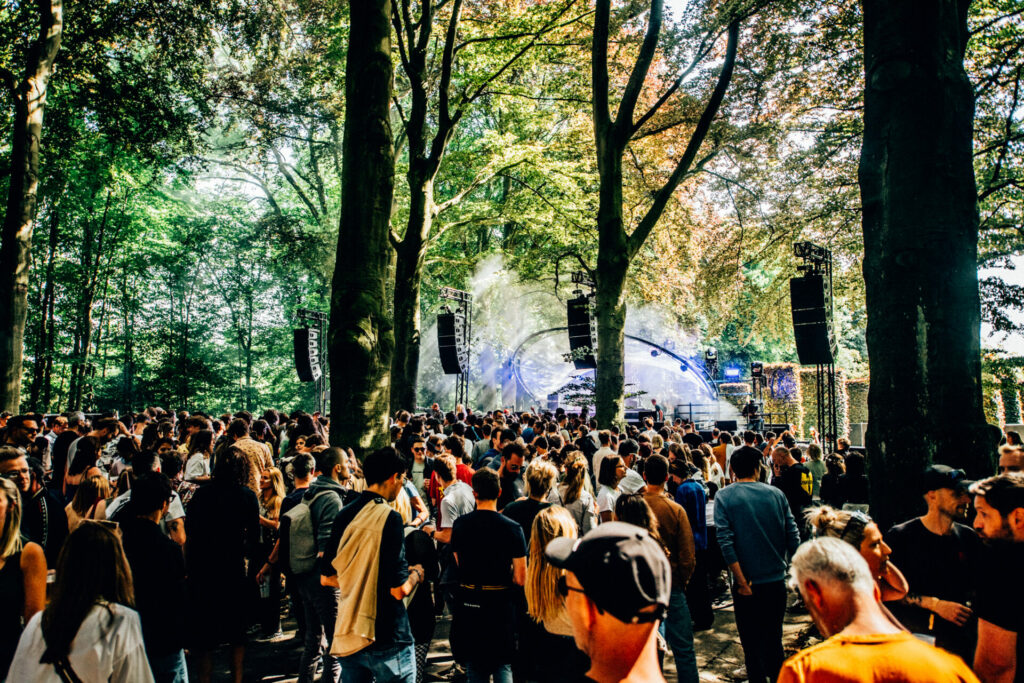New audio technology developed in Belgium which gives listeners an immersive sound experience whilst reducing noise pollution in the surrounding area was used at the CORE Festival in Brussels last weekend, RTBF reports.
In essence, the technology creates a sound bubble around listeners, meaning that the volume can be dropped a few decibels but the overall experience for festival-goers is improved and the nuisance for the neighbourhood limited.
This is not the first time that the technology, developed by Belgian sound engineers Pieter Doms and Arno Voortman, has been used. The company has already partnered with Tomorrowland, developing sound designs and installations for the electronic music festival for years. The concept of the Areal project was first tested at Tomorrowland in 2019 but it has taken until 2023 for it to be refined.
The developers have found that music can be played more quietly via "immersive sound", without anyone noticing. Specifically, it can be three to five decibels quieter.
A cinematic experience
"Sound has been in so-called ‘stereo’ since the 1960s,” Pieter Doms told RTBF. “This means that the signal consists of two components, which you can split into left and right via speakers or both ears of headphones. Through our algorithm, music is split into more than two layers, which are played by different speakers. Our brains combine these different signals into the sound we hear anyway."
"There is a tendency in the sound world towards a qualitative 3D experience. Our algorithm extracts more nuances from music and can do so live at a speed of six milliseconds. That makes it perfect for live concerts. A small revolution, because the live music industry has been married to stereo for years."
Doms admitted that the immersive sound technology is more expensive for organisers and brings additional practical challenges. “Renting and installing four speakers costs 1.5 times as much. More speakers in a room or tent also has consequences for the construction of the venue."
Related News
- Record Store Day: Independent record shops in the spotlight
- Belgium's top festivals vow to plant more than 250,000 trees
Then again, advantages include a better sound in the listening space, with smaller fluctuations in sound quality depending on where the listener stands: "There are no good and bad places in terms of sound, which is the case now on a festival field or in a concert hall."
“As a visitor you don't consciously hear a difference between ‘normal’ festival sound and the improved ‘immersive sound’. You mainly notice that the technology is applied because the sound boxes are installed not only next to the stag, but around the audience."
The technology developed by Doms and Voortman is causing ripples in the international audio world. "Audio company Dolby is interested,” Doms told RTBF. “There are also conceivable applications in the sound systems in cars or at conferences. We're looking at how to build the perfect music studio in headphones."

